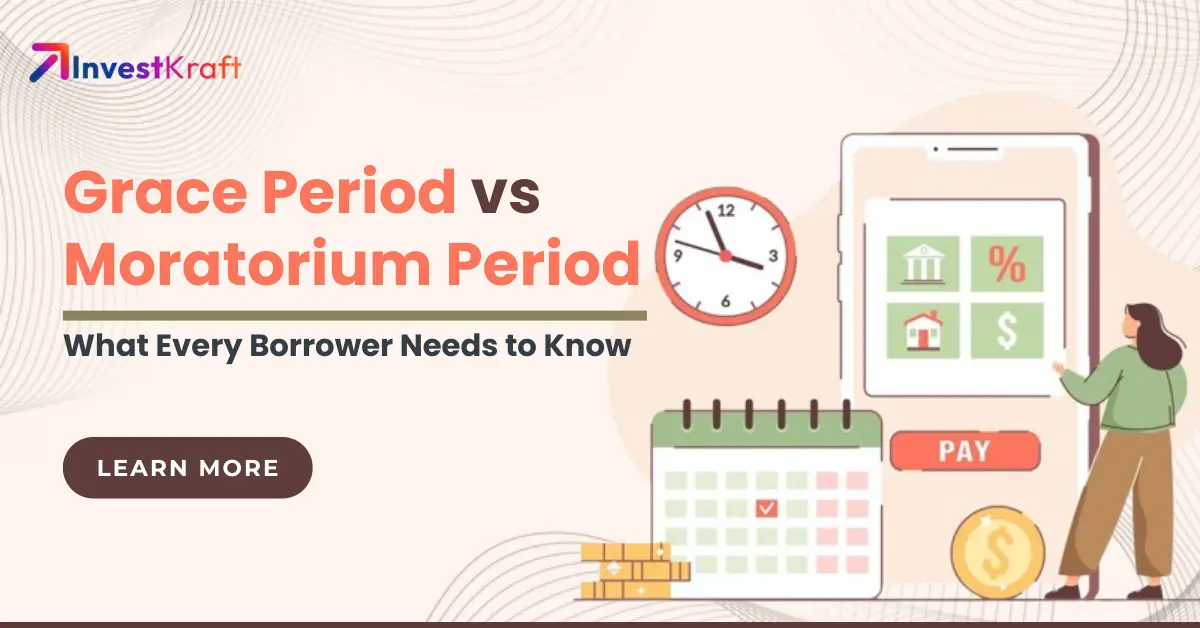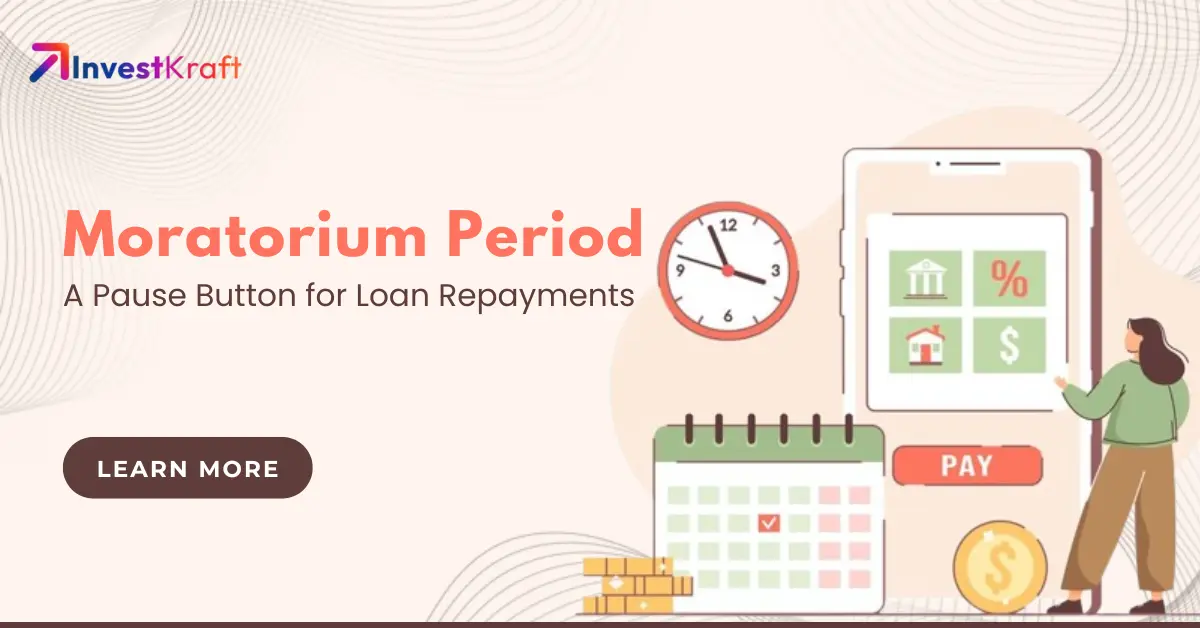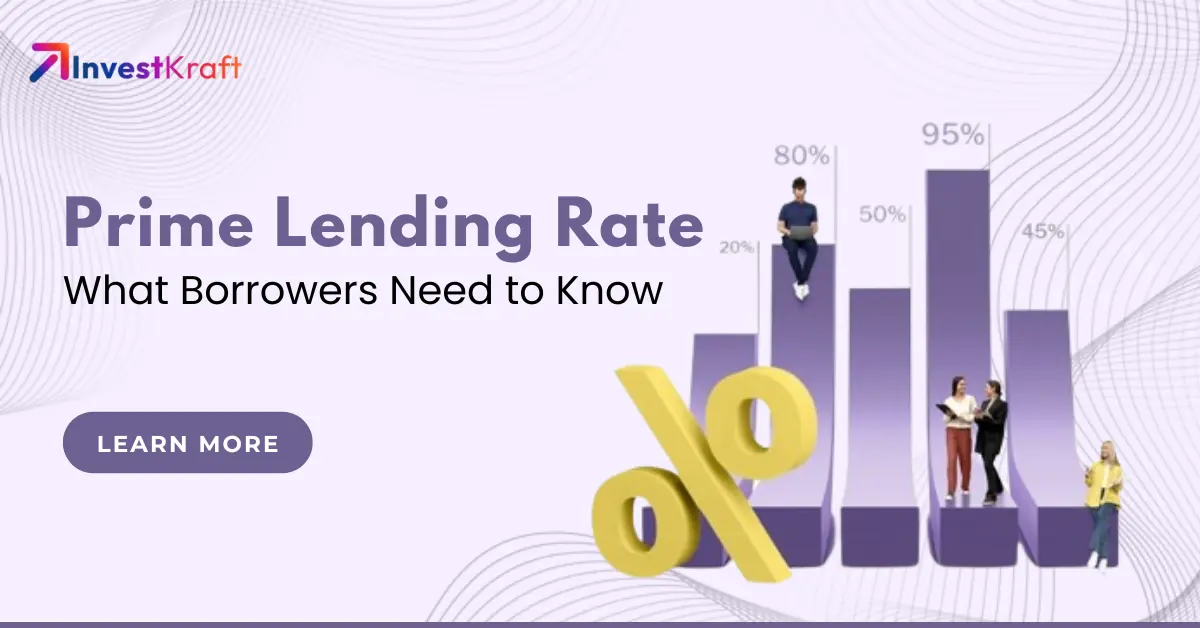How To Get A Home Loan With Low CIBIL Or Credit Score?

How To Get A Home Loan With Low CIBIL Or Credit Score, A house loan, sometimes called a mortgage, is a quantity of money that a person borrows, usually from banks and lending organisations. Equated Monthly Instalments (EMIs) including the loan balance and interest must be paid back by the borrower over a maximum of 30 years, contingent upon the terms of the loan and the company's policies. A lower CIBIL score might be a deterrent for many people who are trying to get a mortgage.
Applications for house loans are processed in part based on CIBIL scores. As a matter of fact, the banks consider it a crucial factor when deciding whether or not to accept a home loan application. The bank will initially check your credit history and score when you submit your completed home loan application. You will probably not be approved for a home-building loan if you have a low credit score and a bad credit history. Your application for a home building loan will be processed faster if your CIBIL score is good. But how can someone with a poor CIBIL score obtain a loan, should they qualify for that category? Several lenders can help you get a home loan even if you have a low CIBIL score.
Home Loan With Low CIBIL Score
A candidate's CIBIL score, which is determined by a number of variables including the history of loans they have taken out and returned, may range from 300 to 900. The likelihood of someone obtaining a home loan increases with CIBIL score.
Lenders take into account several property criteria in addition to the applicant's credit score and other variables when awarding a home loan. To learn more about how your CIBIL score affects your chances of obtaining a house loan authorised, continue reading. Additionally, see how you may make it better and easily apply for a house loan.
What Does a Low CIBIL Score Mean?
A Low CIBIL Score does not have a set definition. Generally speaking, house loan lenders view a score of less than 600 as poor. However, each lender may have different qualifying requirements for CIBIL scores.
Banks require a minimum CIBIL score of 700–750 to approve a home loan. While different banks may have different requirements for a minimum score, most Indian banks need a minimum of 700. A person who scores between 700 and 750 on the CIBIL is regarded as the least risky to be approved for a home loan.
Read More: I Have a CIBIL score of 550. Can I Get a Home Loan?
Banks view borrowers with credit scores between 650 and 700 as moderately risky, and they may be subject to one or more of the following restrictions on home loans: lower loan amounts, higher interest rates, more stringent documentation requirements, higher processing fees and other costs, etc. Compared to borrowers with scores above 700.
Applicants with scores below 650 are deemed high-risk, and lenders may decline their home loan applications. Now, each lender may have a different 650 threshold. A cut-off score of 650 may apply to some nationalised or private banks, although non-banking financial companies (NBFC) may be more forgiving and view a score of 550 as the minimum.
Many lenders typically refuse to grant a home loan based on a borrower's CIBIL score. To learn easy strategies for effortlessly raising your CIBIL score, continue reading.
Ways To Get A Home Loan With Low CIBIL Score
If you want to get a home loan with low CIBIl score, there are several ways to get the same without facing much difficulty. Let’s have a look at them.
1. Contact a NBFC
Non-Banking Financial Company is referred to as NBFC. It is a financial entity that, like a bank, lends money to clients; however, it doesn't carry out any additional operations, such as taking deposits, sending money, handling payroll, etc.
In contrast to NBFCs, banks often have stricter guidelines when it comes to processing house loan applications based on the CIBIL report of the applicant. As a result, there is a greater likelihood of loan approval when applying for a home loan through NBFCs than through banks.
Read More: Know The Home Loan Benefits For Ladies
2. Choose a co-applicant who has a good CIBIl score
Adding a co-applicant to your home loan application is a popular practise to raise your CIBIL score. Certain banks may approve your home loan application if your co-applicant or guarantor has a CIBIL score higher than 750 and you have a lower score. It should be mentioned that applying for a home loan with a low CIBIL score using this strategy is not assured. These situations are uncommon, and the bank may decide not to approve a home loan in which one of the applicants has a lower CIBIL score.
3. Try to improve your CIBIL score
That being said, you should work to raise your CIBIL score because a low score typically discourages many lenders from offering a home loan. A few efficient ways to raise your credit score are to pay off your bills, make loan payments on time, file a credit repair request, etc. You can check out our posts on how to improve your CIBIL score.
Read More: Different Ways To Improve Your Credit Score For Free
4. Discuss with your bank
In the event of a loan or credit card payment default, settling with your bank or other financial institution is an additional option for low credit score house loans. After achieving the settlement, you can receive a no objection certificate, or NOC, by paying the settlement money. It is simple for you to apply for house loans after you have the NOC. However, you must verify that your credit score accurately reflects the terms of the settlement achieved and that there are no anomalies or contradictions before applying for the loan.
FAQs
1. How Can I See My Online CIBIL Score?
In just a few clicks, you may check your CIBIl Score online by visiting the CIBIL website, entering the necessary information, and making the necessary payment.
2. What CIBIL Score is Necessary to Qualify For a House Loan With a Reduced Interest Rate?
To receive a reduced interest rate on a house loan, your CIBIl score needs to be higher than 700.
3. Can Someone With a Low CIBIL Score Apply For a House Loan?
It is possible to apply for a house loan even if your CIBIL score is poor. To get a house loan accepted, though, you must fulfil the requirements set out by the lender of your choice.
The Conclusion
A poor credit score does not always mean that you cannot obtain a house loan; nonetheless, there are several considerations that you should make. You should be aware that applying for a house loan with a poor CIBIL score may result in a higher interest rate. Furthermore, missing EMI payments might negatively affect your credit score, which may make it more difficult for you to obtain a loan in the future. Make sure you make your EMI payments on schedule. To ensure that you never forget to make your monthly EMI payments, make sure you have enough money in your bank account and use the auto-debit option.
Verify Phone Number
Related Post

Top Loan Schemes with Highest Subsidies in India 2024
Find the Indian loans with the highest subsidy easily with the help of Investkraft. This guide provi...
Read more...
Pradhan Mantri Mudra Yojana (PMMY) Loan: Eligibility, Application Form, Benefits
The Pradhan Mantri Mudra Yojana (PMMY) loan has been a game changer for small and micro-enterprises...
Read more...
How Does the RBI Regulate P2P Lending in India 2024?
P2P lending has grown significantly in India, becoming an important part of the financial ecosystem....
Read more...
Grace Period vs Moratorium Period: A Detailed Comparison for Better Financial Decisions
The terms “moratorium period” and “grace period” are often mistaken to have the same meaning. Howeve...
Read more...
List of Microfinance Companies in India 2025 – Small Loans & Financial Services
Microfinance in India has been rapidly expanding as a viable financial service due to the emergence...
Read more...
Understanding Syndication Loans: A Guide for Borrowers and Lenders
Loan syndication is a solution for borrowers seeking large loans that may be beyond a single lender’...
Read more...
How Does the Moratorium Period Act as a Life Raft for Borrowers?
Financial jargon, whether taking a loan or opening a bank account, can be confusing and tricky. Thes...
Read more...
New to Credit? Stop Worrying and Build Your Credit with These Essential Tips
Establishing and maintaining a healthy credit score can seem overwhelming, particularly for new borr...
Read more...
Prime Lending Rate: A Friend or Foe for Borrowers?
When purchasing items on credit, it is common to need a financial investment and many turn to loans...
Read more...
Instant Cash Loans: Everything You Need to Know
Have you ever been in a situation where you did not have enough money to make a purchase? Maybe you...
Read more...Reach out to our Experts if you have any Doubts
Like the best things in life, Consultations @InvestKraft are free
Drop a Mail or give us a Missed Call & Begin your Investment Journey here



